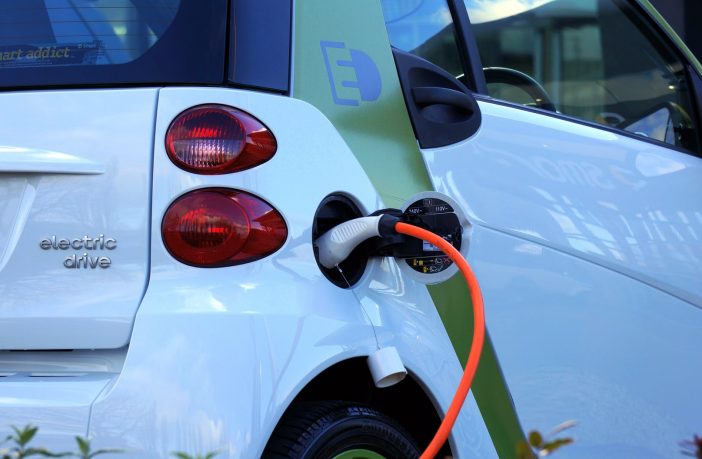African Export-Import Bank (Afreximbank) and the United Nations Economic Commission for Africa (ECA) have signed a Framework Agreement with the Democratic Republic of Congo and the Republic of Zambia for the establishment of Special Economic Zones (SEZ) for the production of Battery Electric Vehicle (BEV) and related services.
Under the terms ratified in the Framework Agreement, Afreximbank and ECA will play a central facilitating role, acting as the Project’s financial and technical partners respectively. The two institutions will lead the establishment of an Operating Company (OpCo) in consortium with investors (both public and private) from DRC and Zambia, as well as international investors such as Afreximbank’s impact fund subsidiary, the Fund for Export Development in Africa (FEDA). This OpCo will develop SEZs dedicated to the production of battery precursors, batteries, and electric vehicle, in both the DRC and Zambia.

Image credit: Afreximbank
ARISE Integrate Industrial Platform (ARISE IIP), a pan-African infrastructure developer, has been selected as the technical consultant to conduct the pre-feasibility study for the establishment of the SEZs in DRC and Zambia.
The project will deploy well-established and proven EV technology that will enable both countries to exploit their mineral resources at scale. It will accelerate the manufacture of pre-export value added products, enabling them to capture more value within these states and it will result in new demand for skilled engineers with technical expertise, providing a significant boost to local labour markets.
DRC and Zambia are well positioned to establish leadership in the strategically pivotal electric vehicle (EV) sector, being well-endowed with the resources necessary to produce battery minerals. The DRC accounts for approximately 70% of global cobalt supply and 88% of cobalt exports, and the two countries collectively contribute 11% of all copper supply globally. Mining is also a critical sector for both states, contributing 70% of Zambia’s foreign exchange, while cobalt accounts for 26% of the DRC’s exports.
Author: Bryan Groenendaal















